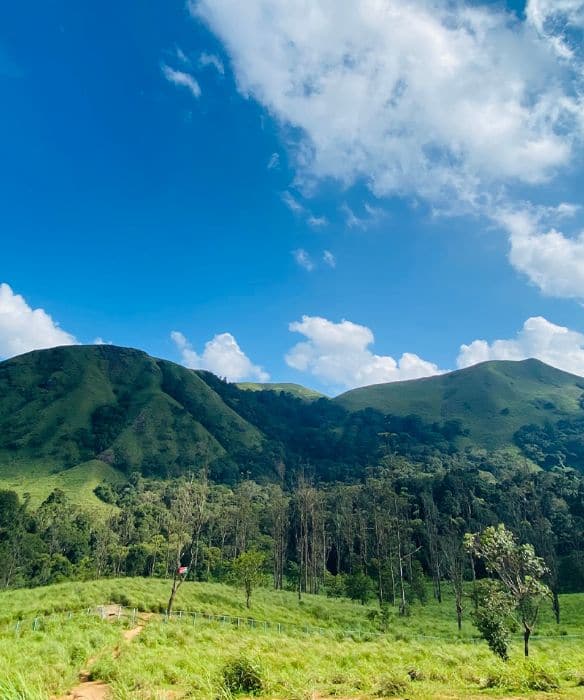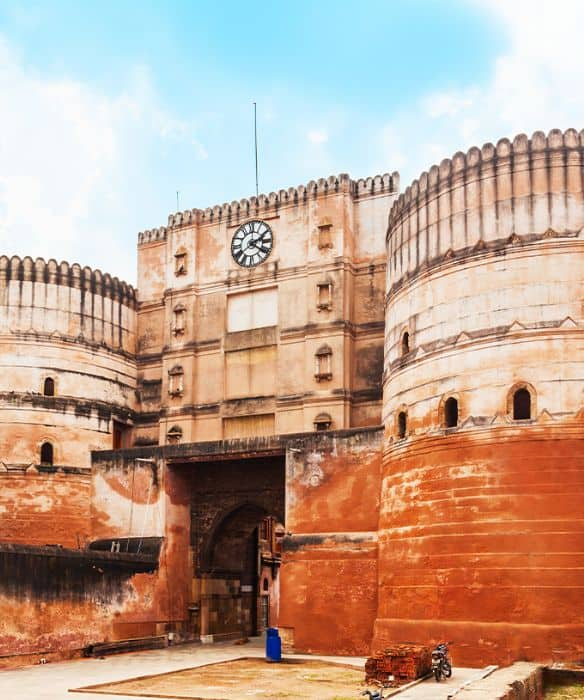Stay logged in to proceed with bookings, orders and offers.
On changing the terminal, you will loose items in your cart. Are you sure you want to change your terminal?
Books are the only thing you buy that make you richer.
One cannot think of Kolkata without bringing up the book market at College Street. It continues to be the most prominent and central spot of attraction of the city,' says Pinaki Majumdar of APC Ray bookstore, which has been on College Street since 1910.
Some habits don't die. They get passed on from generation to generation and become a tradition. For centuries, reading books has been one such tradition, untouched by all hardships of the world, be it world wars, pandemics, or the digitisation of printed material. In fact, the importance of books has been researched: recent neuroscientific research by a Canadian neuro-marketing company shows that human brains capture print media more efficiently than digital media. The internet and fast-paced life may have pushed the world towards Kindle, Netflix, and Instagram, but the old-school charm of books has not been lost. It remains sewn into the city’s cultural and social fabric.
Kolkata, 'the city with a soul' and India's cultural capital, is a hub for intellectuals and artists alike, and the presence of College Street, the epicentre of Kolkata’s cultural milieu, is a testimony to that. The existence of the largest repository for inexpensive second-hand books in the world proves that love for books can never die.
The historical College Street, locally known as ‘Boi Para’ or the colony of books, book quarter, or book mart, is a crucial part of Kolkata's identity. In 2007, this iconic book market was featured in Time Magazine’s ‘Best of Asia’ list. The place even has a website section, Boi Morey Na, literally meaning books don’t die.
The choice of books, however, has changed. Partho Guha, a second-generation bookseller at College Street for the last 40 years, says, 'Only selective people now come looking for old books, mostly those who are doing some research. Youth also visit frequently, but for notebooks, syllabus-oriented books, or comics and fiction.'
Pinaki Majumdar sits down with a masala chai, boiled repeatedly in huge pots and served in tiny terracotta cups, and adds, 'We have written history and we will remain in memories of intellectuals as long as there is life on earth.'
His unofficial College Street uniform deserves a mention: a striped, short-sleeve shirt and a round belly that is a result of the inactive lifestyle of a reader and Kolkata’s fried street food. He boasts of rare editions from Bengali greats such as Rabindranath Tagore and Jibanananda Das. 'Books mean everything to me, even more than my wife,' quips Majumdar.
I have been visiting his stall since my school days. His stall once was a treasure trove for me. I got a rare, antique English-to-Sanskrit dictionary, printed in 1874 and pre-owned by Sir Jagadish Chandra Bose, the founder of modern science on the Indian subcontinent, for only INR 100. My friends tell me stories about chancing upon gems at these stalls and picking up rare novels, expensive foreign publications, early editions, precious first editions, literary classics, and even books out of print for a steal.
College Street, with nearly 1,000 small to large publishers and booksellers having millions of books at any given instance, runs from Mahatma Gandhi Road to Bowbazaar of Kolkata. The mile-long street spanning an area of almost one million square feet has makeshift, cupboard-sized bookstalls hammered together in a chaotic matrix. The stalls stick to each other and are made from bamboo, wood, sheets of tin, and tarpaulin. They stretch along both sides of the road and coexist with bigwigs of the Bengali publishing industry.
The bookstalls have books on virtually every subject matter known to man, from fiction to non-fiction, in almost all known languages. You can buy books and magazines, brand new ones and those being resold for the tenth time. It’s said that if you can't find a book on College Street, it probably never existed and it stands true for rare and banned books as well.
At College Street, you will find booksellers going back four generations. You must not miss talking to the bespectacled Arabinda Das Gupta, a fourth-generation bookseller and the owner of the stall set up by his great-grandfather, Girish Chandra Das Gupta, in 1886. Girish sold books here long before there were any stalls. His family has been selling books since books used to be tied with a thread to the walls of the Presidency College.
His stall is laden with over 4,500 books, ranging from history and archaeology to mythology and photography. The stall looked too small to carry that many. I could see some books on the table, some piled near his feet, some spilling onto the road, some on the shelves above his head, and some placed next to where he sat. Stalls like his have made College Street something of a treasure chest for readers.
Tapas Chaudhuri, a current-generation bookseller is all praise for these old hats. 'They are quite extraordinary. They may not be highly educated, but they have a strong instinct for books. They refer to authors by their first names and can tell a book's worth simply by looking at it,' he says.
Probir Sen, an old colleague of mine in Kolkata, is a regular; he comes here daily. 'Though a daily visitor, I don’t buy books every day,' he says. 'I come here out of habit. Just flipping through pages has become an addiction.
College Street represents the essence of what books teach us: to broaden our minds and to question our long-held beliefs and institutions. It’s not just a place to buy books but to have an experience. College Street is older than my parents and dates further back than most of the books sold here,' he adds.
College Street over the years has become an eminent centre of Kolkata’s literary crowd, and a second home to intellectuals, scholars, academics, students, and book lovers. It continues to remain at the heart of political, social, and cultural debates.
Another important aspect of College Street is its Indian Coffee House, which had once been the rendezvous point for the Bengali art of wide-ranging conversation for the city intellectuals. Built within Albert Hall, Indian Coffee House has been visited by revolutionaries like Rabindra Nath Tagore and Subhash Chandra Bose. College Street Market, built in 1917, is the third oldest municipal market in Kolkata and derives its name from the many colleges around the area.
In fact, within a span of one square kilometre, there are more educational institutes than anywhere else in India. College Street was earlier known as The Great Arterial Road and was named ‘College Street’ in 1817 after the establishment of Hindu College.
College Street is not just a bunch of book stalls or an area surrounded by colleges; the essence of Kolkata is felt here. I feel Goosebumps when I take a walk: it feels like walking through history. You feel the literary world around you with some of India's best and oldest educational institutions. You smell the aroma of coffee wafting out of India Coffee House. No wonder writers and poets have filled pages with praises of this bibliophiles’ paradise.
British poet and translator Joe Winter has mentioned College Street as 'a planet littered with books, a crazed sales pitch wherever one looks.' Even the Smithsonian described College Street as a mile of bookshops and bookstalls spilling over onto the pavement, carrying first editions, pamphlets, and paperbacks in every Indian language, with more than a fair smattering of books in and out of print from France, Germany, Russia, and England.'
Although Kolkata's book bazaar at the nostalgic College Street still buzzes with book lovers, it isn't what it used to be. The traditional charm of College Street is already fading. Modern buildings and shopping malls have mushroomed all over the city and flattened the historical structures in the way. Booksellers are now worried about the future of College Street.
Just like the two dedicated book malls in the world, in Denver in the US and Shenzhen in China, Kolkata Municipal Corporation (KMC) and Bengal Shelter Housing Development Ltd. jointly have planned Varnaparichay, India’s first integrated state-of-the-art Book Mall. It’s a unique idea to bring together publishers and buyers, book owners, and book lovers from different corners of the world in a modern mall environment.
The tradition of reading is hard to kill, after all.





The Adani One expressly disclaims all liability, direct and indirect, in respect to actions taken or not taken based on any or all the contents of this Blog. The Blog is an opinion of the contributor based on the collation of data from various sources and is provided only for information purpose. Adani One does not canvass, advertise, solicit, invite or induct for any product, merchandise, information, brand or any other materials mentioned in the Blog, nor does it obtain any monetary benefit from the same. Reader is advised to read and apply his/her intellect and discretion in this regard. Any Intellectual Property mentioned in this blog belongs to the rightful owner. We do not intent to claim any interest over the same.